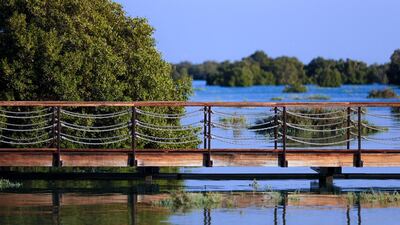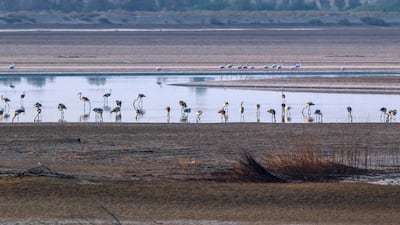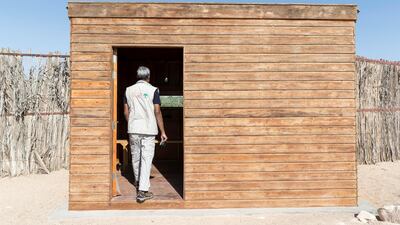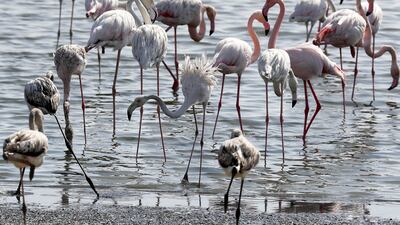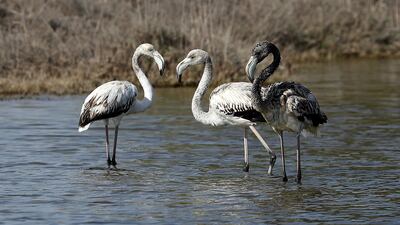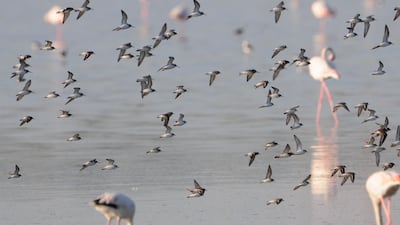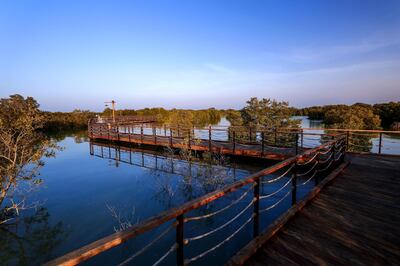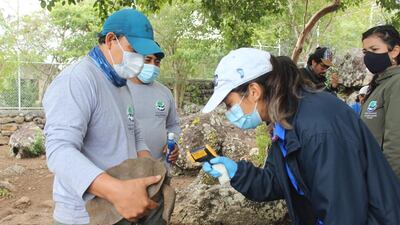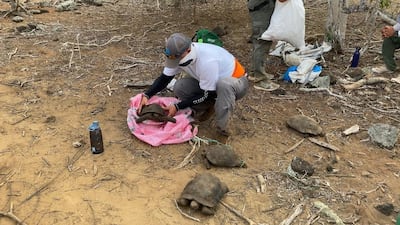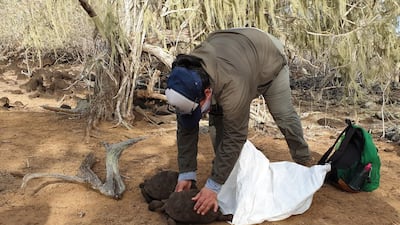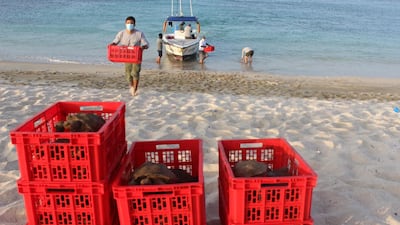October 5 marks World Habitat Day. Since it was established in 1985 by the UN General Assembly (UNGA), World Habitat Day has been commemorated every year with two main goals. The first is to reflect on the state of our towns and cities, and on the fundamental right of all to adequate shelter. The second is to remind the world that we have a collective responsibility to shape the future of our cities and towns.
Globally, a significant part of the planet’s population lives under poor conditions without adequate access to the essentials of life, including clean water, electricity, sanitation and medical facilities.
Nearly a quarter of the global population lives in sub-par housing, including slums. The world needs housing for an estimated 3 billion more people by 2030 to accommodate rapidly growing cities.
Providing decent housing, especially for marginalised sections of our society, is an integral part of the 11th UN Sustainable Development Goal, which concerns ensuring sustainable cities and communities by 2030. The theme of this year’s World Habitat Day – “Housing for All: A better Urban Future” – encapsulates an idea that is also fundamental to achieving other SDGs, including the elimination of poverty and ensuring health and wellbeing. Part of this involves promoting affordable housing. Affordability, it is important to note, doesn’t just mean making it easier to purchase a home, but also to sustain and maintain it.
Housing for all is a wonderful mission. The UN and other institutions working tirelessly to realise it must be applauded for this ambitious project. However, the world must focus on more than just providing decent housing to those who are deprived of it at the moment.
We must ensure that we get the infrastructure in place to integrate sustainability into every aspect of housing for everyone. This means putting more effort into sourcing, how we choose materials and the development of green spaces. It also means paying attention to how we use and recycle water and energy. This is a huge task for governments, NGOs and donor agencies, as well as individuals.
Housing also goes a long way in nation building. It not only provides families with a roof over their heads, but more importantly a place where they can bond, interact and educate to their children. These are the fundamentals of building nations with stable and safe societies.
In the UAE, fortunately, access to housing is not a major issue. The government’s desire to attain world-class infrastructure under its “Vision 2021” initiative has propelled significant spending in housing, health care, telecommunications, transportation and other forms of infrastructure.
Last year, the World Economic Forum’s Global Competitiveness Report ranked 12th globally in the area of infrastructure development. Infrastructure development includes residential land and housing, roads, bridges and other support services. The fact that the UAE Ministry of Climate Change and Environment is one of the federal bodies tasked with developing the country’s infrastructure highlights the importance the government places on environment and environmental sustainability.
This February, I had the opportunity to speak at the 10th World Urban Forum in Abu Dhabi. The emirate has been at the forefront of urban development and sustainability, with environment at the heart of such development. Its population has grown substantially, from nearly 500,000 in 1980 to almost 3.5 million in 2020. Scaling up the emirate’s infrastructure in line with this increase while meeting our commitments to the environment is challenging. But it is the chief mission of the Environment Agency – Abu Dhabi, which I run.
We work very closely with the Department of Municipalities and Transport to develop urban and rural codes. By integrating them into master planning, as well as in the permitting processes to ensure better land-use planning, these codes ensure our natural heritage is protected.
As Abu Dhabi’s environment regulator, we also play an important role in regulating water and waste, as well as air and marine water quality. All of these are essential in reducing the adverse per capita environmental impact of the emirate’s cities. EAD also plays a big role in helping DMT with Estidama – Abu Dhabi’s green building rating system.
Moreover, we have worked closely with the Department of Energy to roll out the “Tarsheed” programme, which helps to manage water and energy demand in the emirate’s existing stock of buildings. The programme aims to cut water and energy use by 20 per cent by 2030.
Abu Dhabi takes pride in the emirate’s traditions and ensuring that cultural heritage, from falconry to camel racing and pearling, is preserved. In fact, EAD played a key role in falconry being recognised as “intangible cultural heritage” by Unesco in 2010.
The emirate also goes to significant effort to connect its residents with nature. Valuable spaces such as the Zayed Network of 19 terrestrial and marine protected areas, Al Wathba Wetland Reserve, Bul Syayeef, Mangrove National Park and Saadiyat National Park are all in line with the SDGs’ commitment to providing universal access to safe, inclusive and accessible, green and public spaces by 2030.
Our mangroves, salt marshes, and tidal mud flats persevered within these protected areas provide important habitats to resident and migratory species. They are also vital in provisioning ecosystem services, providing defence against storms and diseases and mitigating climate change.
The importance of the environment and the delicate balance between environment, society and economy has been brought to the fore by the Covid-19 pandemic. It is a matter of urgency that while we continue to build cities, we also make adequate provisions for nature.
If housing for 3 billion more people is to be provided effectively, nature must be at the very heart of the process. It is only then that we will have achieved the goal of creating sustainable cities and safer, more inclusive societies.
Dr Shaikha Salem Al Dhaheri is secretary-general of Environment Agency – Abu Dhabi

